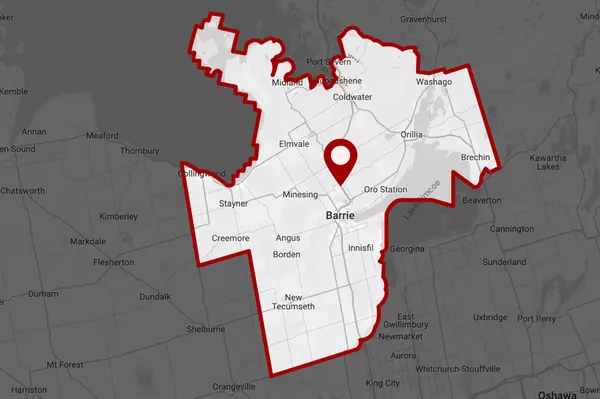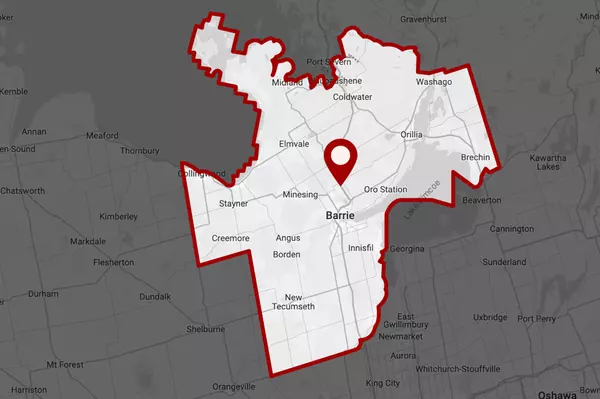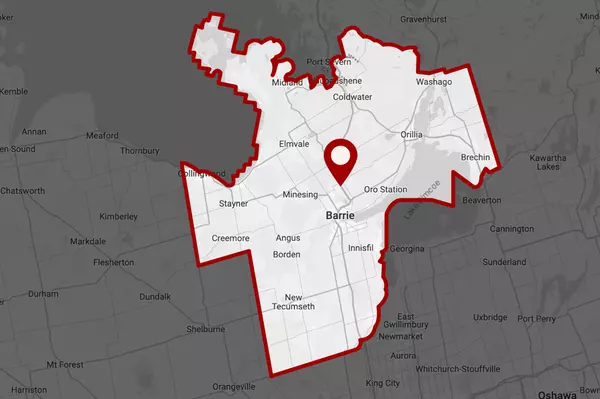
Simcoe County Real Estate Market Update - October 2024
Simcoe County Real Estate Market Update - October 2024 As we approach the end of 2024, Simcoe County's real estate market continues to showcase resilience and stability. Here's an in-depth look at how the market performed in October 2024, along with year-to-date trends that help frame the bigger pi

Variable Rate Mortgages, Fixed Rate Mortgages & Where Home Prices are Headed in Simcoe County: An Overview
The world of mortgages and interest rates can feel complicated, but it doesn’t have to be. Over the almost 20 years I’ve been selling real estate, I get asked how variable and fixed interest rates affect homebuyers, especially with the recent news about interest rate reductions and shifts in the b

Are Buyers In the Driver’s Seat Again? And What That Could Mean For You
Have you been browsing real estate listings, driving by homes for sale, or even visiting open houses with the dream of becoming a homeowner? If you’ve been putting off buying a home in the uncertain economic landscape, now may be the time you’ve been waiting for. After years of a seller’s market
Categories
Recent Posts










